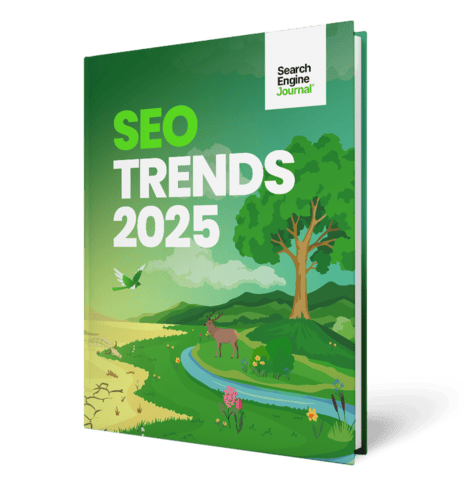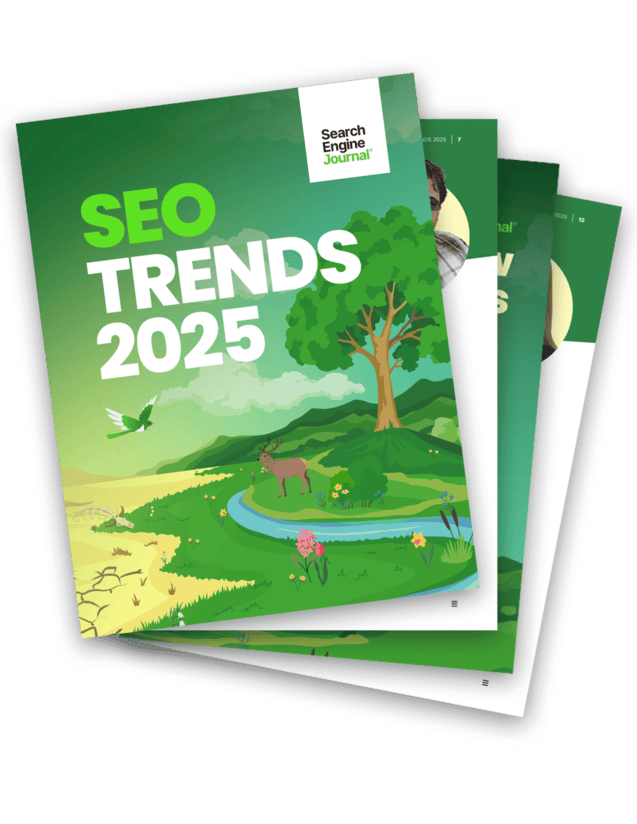If there’s one thing that became clear throughout 2024, it’s that SEO volatility isn’t temporary. Working with less traffic is the new normal as Google and Microsoft forge ahead with AI integrated into their search engines.
The simple fact is – doing SEO is tough right now.
We’re sorting through the challenges with our latest edition of SEO Trends, designed to help you build new strategies that include developing technologies and adjust to what’s coming in 2025.
We’ve compiled six experts to share their strategy-focused insights into what’s driving SEO this year, and where it’s heading in the coming months.
In this ebook, you’ll learn:
- How to create new SEO strategies that overcome the frustrations in SERPs.
- The evolution of user experience metrics, and what you should do to prepare.
- Why AI is becoming even more important to SEO in 2025.
- New approaches to SEO you may not be using, but should be.
Going into 2025, a lot is still up in the air, especially with Google search.
Our experts have plenty to say about the direction of search and how to build agile, resilient SEO strategies in a tumultuous business climate.
Our contributors include:
- Katie Morton, Editor-in-Chief, Search Engine Journal.
- Mordy Oberstein, Head of SEO Brand, Wix.
- Helen Pollitt, Head of SEO, Getty Images.
- Matt G. Southern, Senior News Writer, Search Engine Journal.
- Dan Taylor, Partner, SALT.agency.
- Andrea Volpini, CEO, WordLift.
Start planning your SEO strategy for next year right now.
Download your copy of SEO Trends 2025 and discover what to be hopeful about in a changing search world.





